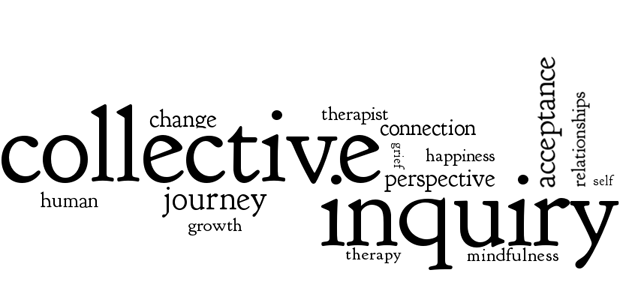

Accepting the diagnoses was more difficult that I had thought. Once I began the process of accepting the fact that I had anxiety and depression, it was as if it gave them more power. The drowsiness from the medication’s side effect didn’t help much either.
A few days after starting the medication, I felt moments of normalcy that lasted about an hour each day. Each time I would feel them, my hopes would rise that maybe I can feel good again. Each time the moments would end, hopelessness set in which would last a lot longer than the feelings of normalcy and hope.
Mornings were by far the worst. Getting out of bed was already hard, but between going back and forth between pain and normalcy, hope and hopelessness, and the medication wearing off in the morning, I really felt like I was going crazy. I remember one morning even questioning reality. I went through about two weeks of this before, in desperation, talking to my doctor who told me to stay the course, but start taking the medication in the evening.

Image by cempey
Shortly after, mornings became bearable, and moments of hope and normalcy started lasting longer. Still going back and forth, though, was exhausting and very painful. Time cruelly slowed down and what was four weeks felt more like four months. Gratefully my family and friends were supportive to me throughout this process. A strong, supportive network is so important when struggling with anxiety and depression.
It’s been several weeks now and I’m about to go back into my doctor to talk about how the medication is working. I’m feeling much better now overall, but there are still moments where the panic sets in and pain is close on its heels. It’s certainly easier to deal with, but I’m still going to talk to my doctor about options.
There is a huge stigma about mental health and mental illness. In some ways, the stigma is getting better. In a lot of ways though, people that suffer feel like they are alone because we never talk about it. Part of the reason I am writing this post is to not contribute to the secrecy that keeps the stigma alive. Another reason is to reach out to others going (or have gone) through something similar. Just stay the course. Hang in there. It’s a long 4 weeks, but it can get better.
Share your thoughts
One Thought About The longest 4 weeks, Part II
Trent, thank you for posting this. I admire your personal courage in sharing this, and that you are doing something to reduce the stigma and silencing of people who experience mental illness.
Sometimes the silence is worse than the symptoms. I’ve struggled with anxiety, depression, and PTSD. There are times I want to talk about my experiences, but feel like it isn’t ‘allowed’ or fear what others will say. This post has been so encouraging.
You go. Thanks for sharing your story honestly. Thanks for showing people that normal is overrated, and struggle produces wisdom.